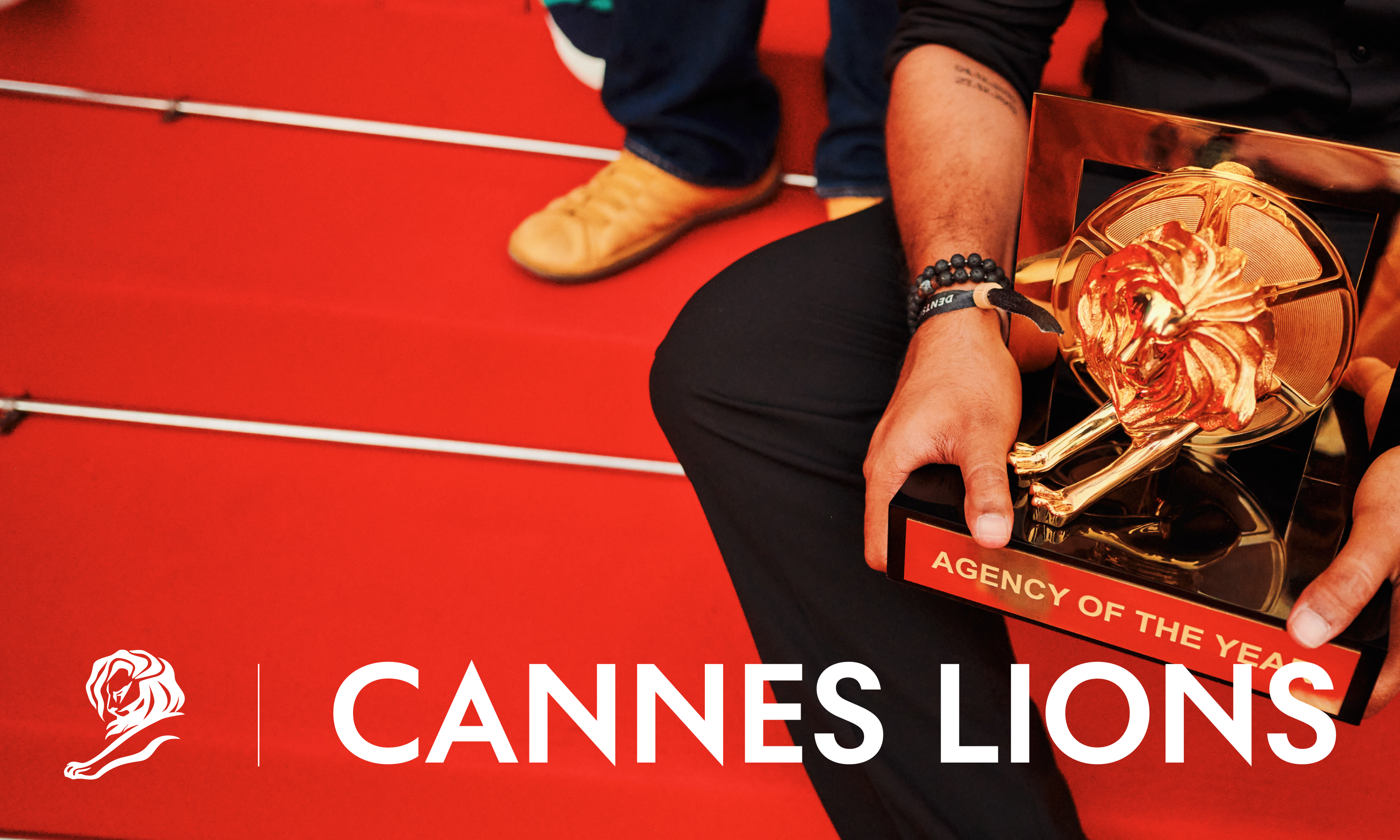At Cannes, the ad industry contemplates its AI future with a mix of fear and hope
I'm writing today’s newsletter from the Cannes Lions Festival of Creativity, the annual confab where advertising and marketing honchos meet on the Riviera to sip rosé, hand out awards, and talk about the future. This year, AI was top of mind for many attendees, as it has been for executives in almost every industry since ChatGPT debuted in November 2022.
AI in Creative Agencies
As with those in other industries, creative agencies want AI—but they want it on their own terms. At Cannes, many of the world’s biggest agencies—WPP, Publicis, Havas, and Dentsu—announced plans to use AI. Some of these agencies say AI is already helping them to mock up campaigns and storyboard spots. Some are using AI models to test ads—predicting their likely impact on different audience segments. And some are using the technology to create full campaigns.
But agencies’ race towards AI is driven as much by fear as it is by opportunity. AI may let brands bypass them entirely and use AI to design their campaigns. At the very least, they worry AI will challenge a business model in which the agencies traditionally charged based on people hours. In a world where generative AI supercharges productivity, agency pricing models that were based on the human labor required for a campaign will be increasingly untenable, accelerating a trend towards performance-based pricing that is already well underway. 
The Impact of AI on Jobs
And, of course, everyone working at agencies is worried about what AI will mean for their jobs. At Cannes, that anxiety was evident just beneath the surface. Advertising agency Publicis released a video meant to be a “not so serious” take on creative agencies’ AI obsession. The video poked fun at “old Mad Men pitching AI,” offering assurances that “our people will be fine,” but that soon switched to “here a cut, there a cut, everyone gets cut.”
With AI, agencies find themselves in the “frenemies” zone with tech companies—both partnering with them and heavily dependent on them as a marketing channel and yet potentially competing with them too.
AI Tools and Brand Perspectives
Many brands at Cannes were divided on the use of generative AI to produce campaign content. Some brands have barred the use of generative AI in marketing materials, while others are embracing the technology to enhance their marketing efforts. 
My own prediction is that brand hesitancy over generative AI will crumble over the next few years, as those experimenting with the technology demonstrate its ROI and figure out how to sidestep the ethical pitfalls.
The Future of Brand-Consumer Interaction
If AI chatbots and assistants become our primary means of accessing the internet and conducting e-commerce, how brands reach consumers will change profoundly. Already, publishers are discussing licensing deals with tech companies to have their content used in chatbot responses, potentially diminishing direct consumer access for brands. 
At Cannes, the tide was turning, but it wasn’t clear those partying in the beach tents and on the yachts had noticed.
With that, here’s more AI news.




















